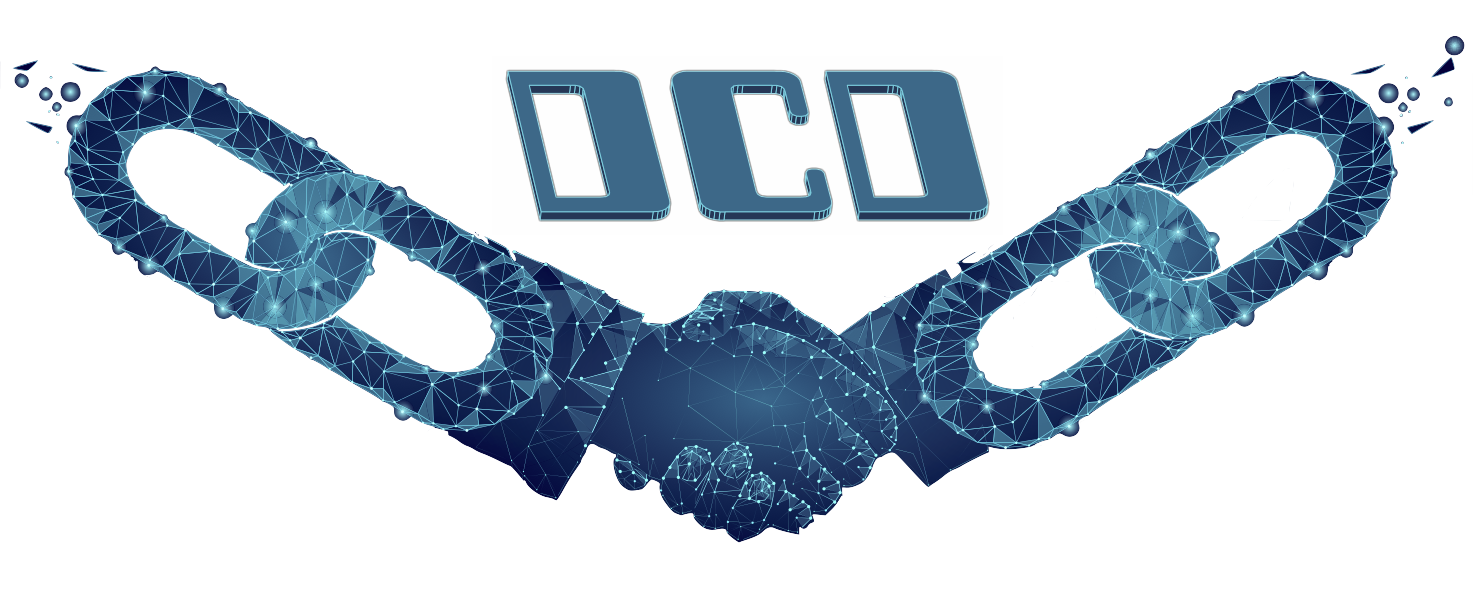Blockchain Commons advocates for the creation of open, interoperable, secure & compassionate digital infrastructure, to enable people to control their own digital destiny and to maintain their human dignity online. Much of our work is technical, focused on the creation and use of interoperable specifications, but other work is legislative, because creating a legal foundation for self-sovereign control of digital assets and identity online is just as important as building that technical foundation.
Recent Articles
A lot of our recent advocacy articles focuses on overidentification, which can literally be an existential danger for many.
- 3/27/24. Foremembrance Day 2024 Presentation
- 11/21/23. Echoes from History II: The Dangers of eIDAS
- 11/15/23. Echoes from History: Designing Self-Sovereign Identity with Care
Recent Legislative Work
Much of our legislative work to date has been with the Wyoming Select Committe on Blockchain, who is leading the United States in the codification of digital rights.
-
10/2/25. Presented to Switzerland on Five Anchors to Preserve Digital Autonomy & Democratic Sovereignty in recognition of their passage of the Swiss e-ID referendum.
-
2/22/23. Wyoming Passes Private Key Protection & Digital Asset Registration Laws
|
|
Creating a Legal Foundation
We believe that it’s critical to create a legal foundation for digital rights. Our advocacy is thus focused on identifying legal underpinnings that will lead us to the secure, compassionate, self-sovereign digital infrastructure that we envision and then supporting the incorporation of that foundation into law.
To date, much of our work has been with the Wyoming lesiglature, who we believe is setting national precedent with their future-looking work that codifies the intersection of law and identity. We’ve supported their work in creating three important foundations for the self-sovereign control of digital assets and identity online:
- Identity Definition. WY SF0039 (2021) provided a foundational definition of digital identity that includes the concept of “principal authority” as part of the core definition. Our article “Principal Authority: A New Perspective on Self-Sovereign Identity” explains the importance of this legal term and how it leads to self-sovereign identity.
- Private Key Protection. WY HB0086 (2023) recognized private keys as being special and offered protections for them, when they were previously being required by courts in many inappropriate situations. Our article “Private Key Disclosure: A Needless Threat to Rights and Assets” [Bitcoin Magazine] explains the importance of this, and how private keys are the building block for identity on the internet.
- Digital Asset Registration. WY SF0076 (2023) offered asset holders the ability to register digital assets in Wyoming, allowing for the perfection of those assets, creating judicial clarity over their ownership.
Together we believe these three bills lay down a crucial foundation to give users self-sovereign control of their digital selves and assets online. However, there’s lots more to do. We’re continuing to work with the Wyoming leglislature on new innovations, and we’ve also supported digital-asset-and-identity efforts in other states and countries including work with officials, legislators, regulators, and other civil servants in Barcelona, Buenos Aires, Holland, Scotland, and Taiwan and with US Government agencies and Native Americans.
Ultimately, there are a lot more building blocks to lay, but we’re proud of the successes to date.
Why Advocacy Continues to Be Important
Advocacy is one of the ways that we transform ideas like our Gordian Principles and Self-Sovereign Identity Principles [Coindesk] into reality. Without them, there are three major dangers:
- That laws are enacted that hand off digital identities and assets to corporations, not individuals.
- That laws are enacted that innately support less secure or less personal methods of asset control.
- That laws are enacted that ignore the requirements or dangers of digital assets and identity online.
Obviously, we want the internet to support individuals, not corporations, so that everyone can benefit from it equally. But corporate cronyism may be the least of our problems. A bigger danger is that laws might be written with the best of intentions that just don’t work well with digital assets and identity online. For example, there’s been considerable disagreement over the last few years about whether property laws should apply to digital identities. We passionately disagree with this option, as identity is something much more personal than an item you can own, and so it’s another example of where we need to get the foundation right.
Legal Testimony
Much of our work toward creating these foundations can be found in our Testimony to Wyoming and other bodies:
- Blockchain Commons Testimony — An (incomplete) listing of our testimony.
Other Legal Sources
We’ve also created documents to help define the lay of the land at the current time.
- Blockchain Legal Terminology & Definitions — An overview of current usage.
- Blockchain Laws — A rough listing of current laws.
Who We Are
Blockchain Commons is proudly a “not-for-profit” social benefit corporation, domiciled in Wyoming but operating world-wide. We have a strong commitment to self-sovereign identity and to creating interoperable specifications: anyone can use or improve our tools, and no one can take them away.
Other Organizations
We’re thrilled that other organizations are advocating for similar visions.
- COPA — We are members of the Crypto Open Patent Alliance.
- EFF — We are big fans of the Electronic Frontier Foundation.
Project Sponsors
Thanks to our project sponsors for their support of Law & Advocacy:

Digital Contract Design creates Contracts with Trust Minimization. Since 2017, unsecured loans of dollars have required large amounts of coin to be used as collateral with escrow agents, requiring trust in the escrow agent. DCD is working toward a variety of smart contracts that secure collateral on the blockchain (or a sidechain), based on receipt of triggering signatures from a reliable BTCUSD price oracle.
If you want to support Blockchain Commons’ advocacy work, please become a sponsor.